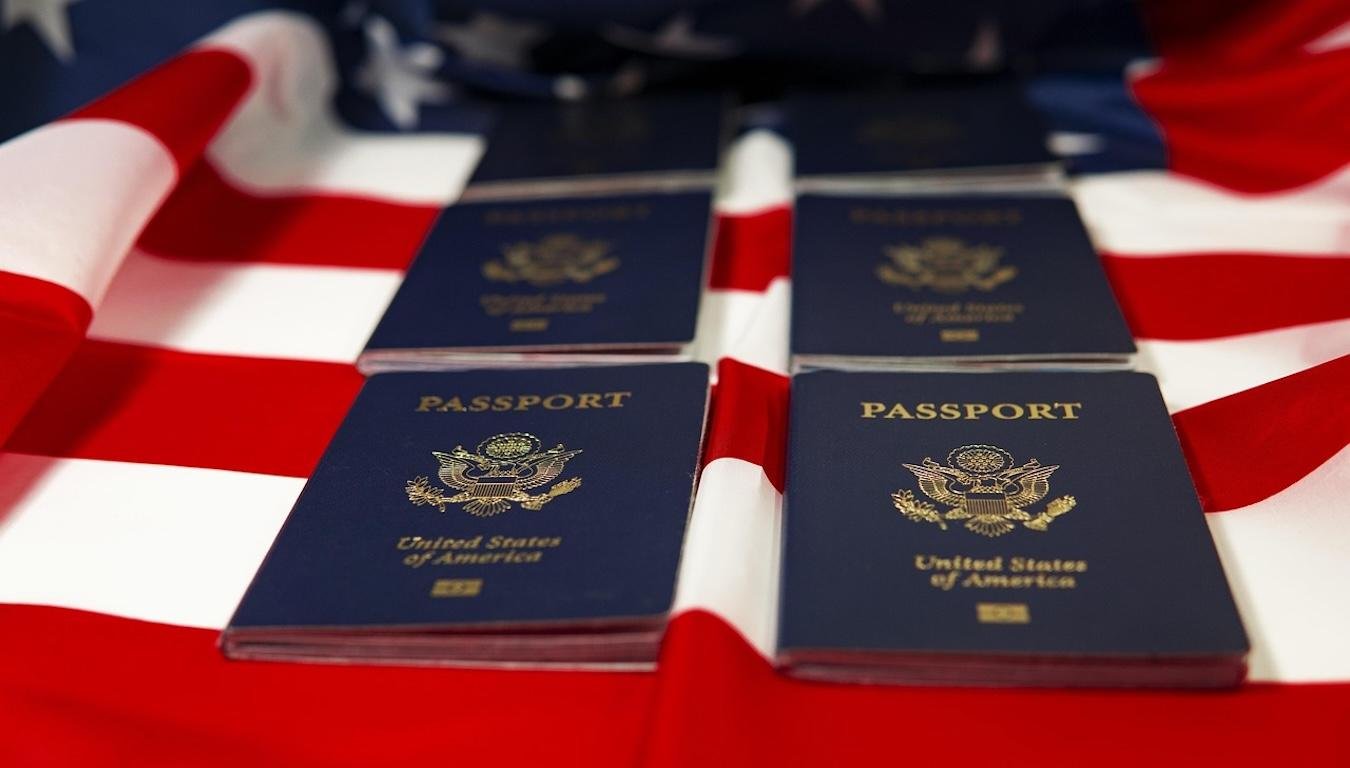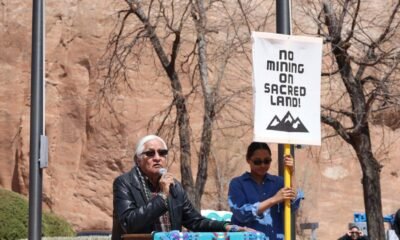family
9th Circuit Thwarts Trump’s Birthright Citizenship Bid

The Ninth Circuit Court of Appeals has upheld a lower court’s decision that blocks President Donald Trump’s executive order aiming to restrict birthright citizenship. This ruling came in a notable case reflecting broader concerns about immigration policies.
Trump’s executive order, titled “Protecting the Meaning and Value of American Citizenship,” attempts to limit birthright citizenship to children born to parents who are U.S. citizens. The order was issued shortly after Trump’s inauguration on January 20.
A federal court in Washington state initiated a preliminary injunction against the order on February 6, citing concerns about its impact on U.S. citizenship laws. In response, the Trump administration sought an emergency stay, arguing that the injunction was overly broad and unjustly affected residents across the entire country based solely on claims from two individual plaintiffs and four states.
The Ninth Circuit rejected this plea on Wednesday, with judges William C. Canby Jr. and Milan D. Smith Jr. stating that the administration did not provide sufficient evidence to suggest they would likely prevail in their appeal.
Oregon, Arizona, and Illinois joined Washington state in the lawsuit, contending that the executive order reinterprets longstanding citizenship laws. This coalition argued that the order could impact hundreds of thousands of children and questioned the president’s authority to alter constitutional rights.
In its defense, the Justice Department acknowledged the validity of the injunction concerning the two individual plaintiffs but claimed that the states lacked standing to pursue the case. They argued that citizenship is an individual right, and states cannot assert collective claims on behalf of their residents.
Despite the urgent nature of the government’s request, the Ninth Circuit determined that emergency intervention was unnecessary. Judge Danielle J. Forrest concurred, emphasizing that urgent relief should only be granted when irreparable harm is demonstrably imminent, which she found had not been established.
The panel noted the limited timeframe the government provided for their ruling, which was just one week before the deadline set by the administration. Judicial processes, she articulated, do not inherently constitute emergencies. The case has now been slated for a hearing in June 2025, positioning it for potential escalation to the U.S. Supreme Court as the government prepares to appeal.
Historically, birthright citizenship was solidified in the Constitution following the Civil War through the 14th Amendment, which asserts that all persons born or naturalized in the United States are citizens. The discussions surrounding this executive order reignite debates over its interpretation and implications.
A recent ruling by U.S. District Judge John Coughenour labeled the executive order “blatantly unconstitutional.” He previously issued a similar ruling in a separate Washington state case, reinforcing the sentiment that the executive order violates fundamental rights.
Additionally, a Maryland federal court issued a nationwide block on the order on February 5, asserting that citizenship policy must adhere to a uniform national standard. This ongoing legal battle underscores the high stakes and contentious nature of immigration policy in America today.


















